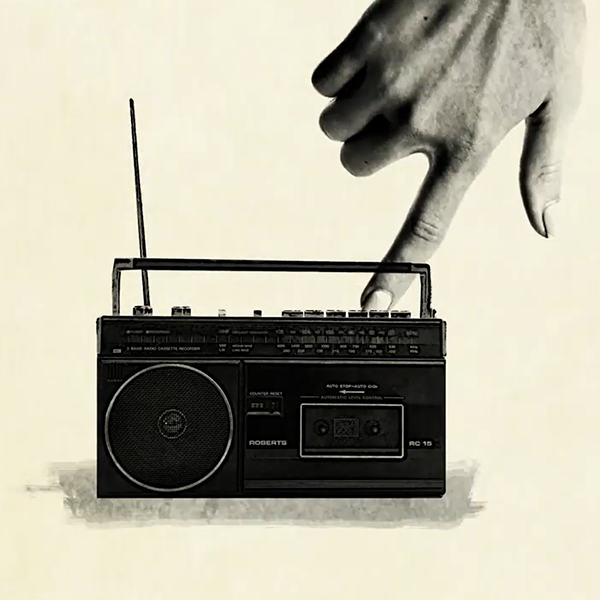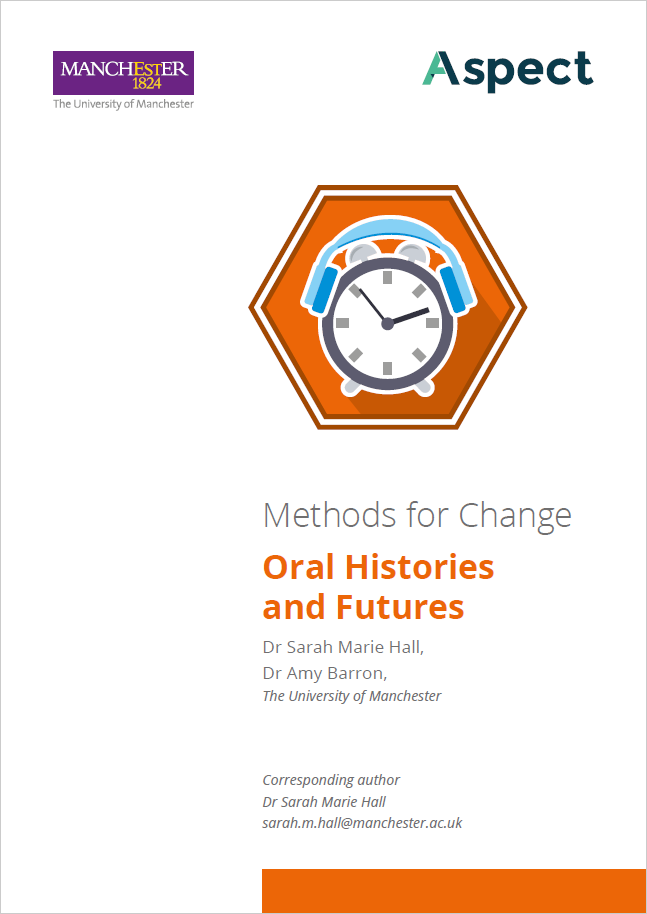Research Method:
Oral Histories and Futures
Oral Histories and Futures involve the recording of people’s experiences and opinions about their pasts, present and futures. They adopt a detailed and comprehensive approach to thinking about an individual’s life, as situated within a particular economic, social and political context. Typically used to research, document and preserve the unique life trajectories of marginalised groups, they move beyond collecting and recollecting life-courses to consider the present and the prospective. Oral Histories and Futures are about accessing imaginaries – thoughts, hopes, dreams, desires, possibilities – and understanding how the person we are today is shaped by the person we might want to become at some other point in the future. Participants are encouraged to talk about what they wanted to happen that has not, as much as where they might like their lives to go, thereby providing narratives that are multidirectional and multitemporal. While interviewing is the primary means of gathering data, Oral Histories and Futures can also incorporate a participatory component. This might involve asking participants to map their biographies on a timeline or asking them to write a note to their future self, and to reflect on these activities as part of the interview.
You can find more research outputs from the Methods for Change series here






